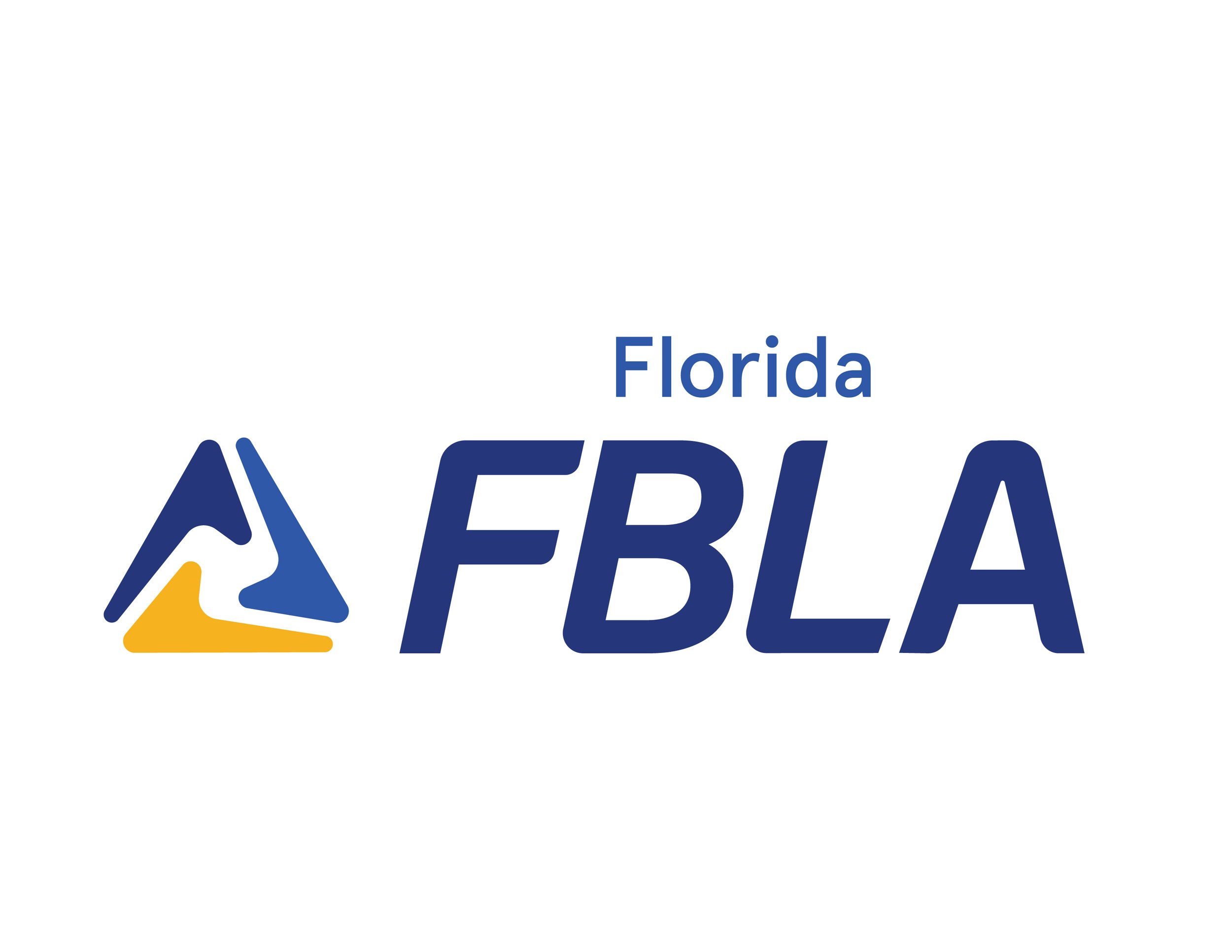- Who is Florida FBLA Collegiate?
- Collegiate SLC Winners
- Adopt-a-Chapter
- Bylaws
- Competitive Event Guidelines
- Competitive Event Rating Sheets
- Competitive Event Regulations
- Competitive Event Topics
- Dues
- Join Florida FBLA
- March of Dimes
- Membership Awards
- Collegiate State Officers
- Scholarship
- Standards of Mailability
NETWORK DESIGN
The ability to evaluate the needs of an organization and then design and implement network solutions is a valuable skill in today’s connected workplace. This event provides recognition for Collegiate members who demonstrate an understanding of and ability to apply these skills.
This event consists of two parts: an objective test and a case study. The one-hour objective test may include questions on planning and configuration; problem solving and troubleshooting; network administrator functions; backup and disaster recovery; configuring network resources and services; configuration of Internet resources; and security. In the case of a team, members will take their tests individually and the scores will be averaged together.
A case study will be given outlining a small organization and its computing environment and needs. Recommend a network solution to address issues raised in the case study.
ELIGIBILITY
Participants must have paid state and national dues postmarked by February 15 of the current school year.
State Each charter may enter one individual or team of 2 or 3 members.
National See national guidelines: www.fbla-pbl.org.
Members may compete in this event more than once if they have not previously placed in the top ten of the event at the National Leadership Conference (NLC). If a member places in the top ten of an event at the NLC, they are no longer eligible to compete in that event.
REGULATIONS
State When it has been determined that a student or team will represent the charter at state competition, the appropriate entry form must be sent to the state adviser received by the date specified in the SLC registration packet.
National See national guidelines: www.fbla-pbl.org.
· Participants must be selected in accordance with the regulations of the state chapter and the national association.
· Participants failing to report to the objective test on time may be either disqualified or permitted to begin late with no extension of the time as scheduled.
· Participants must furnish their own No. 2 pencils and erasers. Nongraphing calculators will be provided. No electronic devices may be brought to the event. No reference materials or other items are to be brought to the event.
· Participants must adhere to the dress code established by the Board of Directors or they will not be permitted to participate in the competitive event.
PROCEDURE—OBJECTIVE TEST
· A one-hour objective test will be administered based on the previously listed competencies. Team members will take one objective test collaboratively.
· The five (5) individuals or teams with the highest scores will be scheduled for the performance portion of the event. The order of performance will be drawn at random by an impartial person in the event office.
PROCEDURE—ORAL PRESENTATION
· Finalists will receive the case study the evening prior to the final round of competition.
· Participants can research the case during the period from receiving the case until presentation time.
· Student members, not advisers, must conduct the research and prepare the presentation.
· Facts and working data must be cited and be secured from quality sources (peer review docs, legal docs, experts in the field, etc.)
· Participants will be permitted to bring prepared notes.
· Presentation materials (i.e., laptops/devices, posters, flip charts, etc.) are allowed. Teams must provide all materials to be utilized; however, no items may be left with the judges.
· Five minutes will be allowed to set up equipment or presentation items. When five minutes have elapsed, the timer will automatically start the seven-minute performance clock.
· The individual or team has seven minutes to interact with a panel of judges and present the solution to the case. The judges will play the role of the second party in the presentation and refer to the case for specifics. This is a role-play event.
· The teams should introduce themselves, describe the situation, make their recommendations, and summarize their case. All team members are expected to actively participate in the performance.
· A timekeeper will stand at six (6) minutes and again at seven (7) minutes. The timekeeper will stop the participants from continuing once their allotted time has elapsed. The judges will conduct a three (3) minute question and answer period.
JUDGING
Tests will be machine graded. In the event of a tie, the students’ performance on the final ten questions of the exam will be evaluated. After that, if necessary, the order in which the tests were received will be used.
AWARDS
State State awards for the top five places are presented at the State Leadership Conference.
National The number of awards presented at the National Leadership Conference is determined by judges and/or number of entries. The maximum number will be ten.
